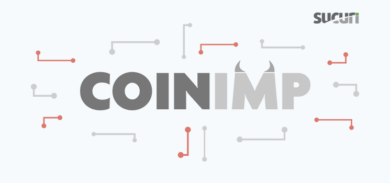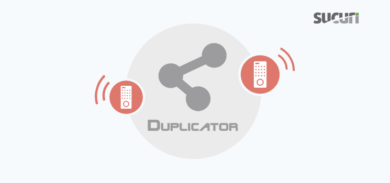In an ideal scenario, when a scam website is found by a blacklist authority, it’s flagged as malicious and eventually taken down by the domain registrar or the web host once abuse reports have been verified.
Whenever a blacklist takes down a scam domain, it costs the scammers ample time and resources and means that they’ll need to start over. Sometimes, scammers try to social engineer their domains out of blacklistings — and sometimes they succeed!
We recently encountered such a scammer after we reviewed a domain that had requested to be removed from our blacklist.
The respondent claimed that the domain had been falsely flagged and labeled as a scam:
This email request was interesting — they claimed that other AV vendors (Avast, ESET, Kaspersky, and Fortiguard) had reviewed and removed their domain from their respective blacklists. The email body text also included correspondence between the sender and the three AV vendors.
However, when you actually read the text of the emails only one of the AV vendors actually confirmed that they removed the malicious domain from their “anti-phishing databases”. The other AV vendors said it was not blacklisted or did not reply.
After investigating the website, it was clear that the domain was in no way officially related to Yahoo.
Searching the toll-free phone number pulled up a recent report describing a typical tech support scam: the scammer convinces the victim to give them remote access so they can troubleshoot some problems (which may not even exist). They then offer to fix these problems for a very high fee. A separate report for the number supports this claim.
Unfortunately, these types of tech support scam websites can be rather difficult to blacklist by traditional AV companies and/or removed by the web host, or registrar. Technically, the website itself is not stealing login credentials like a phishing page, nor is it spreading malware to visitors.
The danger lies in the fact that it falsely represents itself as an official Yahoo contact, and uses this credibility indicator to convince victims to dial the phone number. Once they have the victim on the phone, it’s an entirely different story – but the website itself doesn’t look to be used for anything other than encouraging a visitor to call the listed phone number.
The blacklisted domain does mention they are not affiliated to Yahoo in their footer disclaimer, but also uses very ambiguous wording to trick consumers. It also seemingly contradicts itself by first starting they are an independent third party support for “Yahoo Mail support services”, but then goes on to say the business entity “GLS” is “[…]not affiliated with any brand or otherwise authorized by Yahoo to provide any service to Yahoo users.”:
It seems that the scammer has been able to remove themselves from any blacklists in the recent past, but we’ve kept their website blacklisted. It’s a scam, and we want to warn potential victims so they can remain safe from bad actors.
Few notes:
The cert for invalid pages (ex: hxxps://www[.]glstechserve[.]net/404) is for another domain: globalitsolutionsusa.com
This seems to be a generic web services page.
Seems like they also have hxxps://www[.]glsitsolutions[.]com as the contact page has the following contact emails:
- support@globalitsolution[.]com
- info@globalitsolutionsusa[.]com
- hxxp://globalitsolutionsusa[.]com
As well as the exact same template.
The email of the page owner can be found on the contact page of glsitsolutions[.]com
(hxxps://www[.]glsitsolutions[.]com/contact-us/)
According to this forum: https://www.scammer.info/d/13594-email-support-scammer/5
There are other domains associated to the same scammer:
hxxps://www[.]email-technical-support[.]com/ - This one is offline
hxxps://www[.]glstechserve[.]net/
hxxps://www[.]assistanceforall[.]com/Similar service: http://antivirustechnicalservice.com for malware bytes













